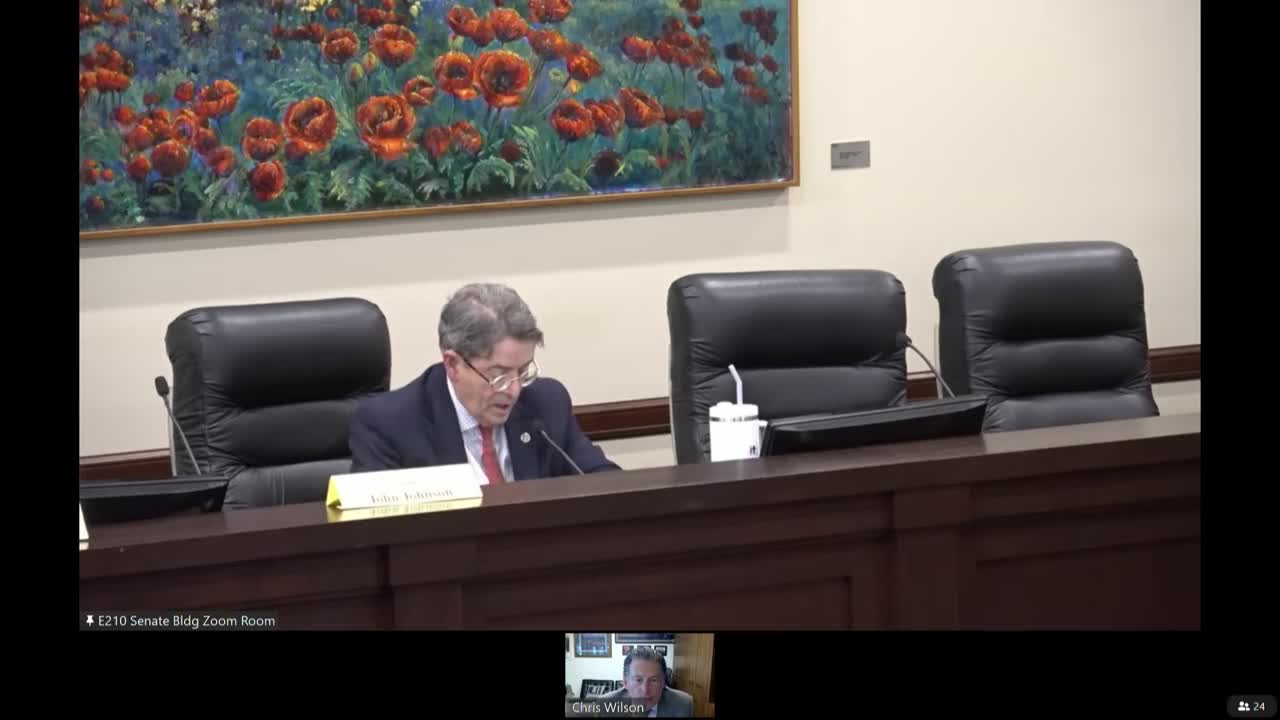Committee approves first-credential program bill to align K–12, higher ed and industry

Summary
Senate Education Committee substituted and unanimously recommended HB 260, a broad 'first credential' bill to promote stackable credentials, industry partnerships and transferable coursework for students before high-school completion.
The Senate Education Committee unanimously advanced a multi-part bill, House Bill 260 (second substitute), that creates a statewide “first credential” program to encourage students to complete a credential—microcredential, certificate or industry-recognized credential—before leaving high school.
Representative Val Peterson presented the measure as an expansion of prior efforts to align concurrent-enrollment credits, CTE credentials and postsecondary pathways. The substitute bill establishes a credential-listing process, requires transferability and stackability of credentials between K–12 and postsecondary institutions, and calls for a coordinating committee to set standards and maintain a master list of approved credentials. The bill also continues an existing scholarship program connected to first-credential efforts and directs partnerships with industry and apprenticeship programs.
Rich Nye, a senior advisor in the Governor’s office, described the bill as a systems-level alignment: “This is a systems bill that identifies alignment of effort across K–12 and higher ed, the governor’s office and industry,” Nye told the committee. He said the bill accommodates local variation between urban and rural workforce needs and foreshadows a master plan and performance frameworks to be brought back to the Legislature for further work.
The committee approved a motion to replace the original file with a second substitute before advancing the bill. After discussion and brief public comment, the committee voted to recommend the second substitute to the full Senate; the motion passed unanimously. Sponsors said the bill will require further implementation work (credential list, performance targets) in the interim as part of multi-agency coordination.

